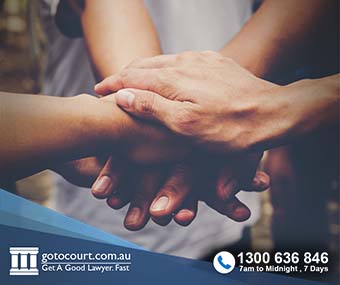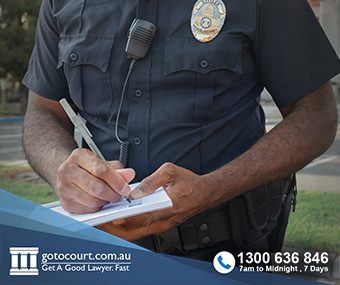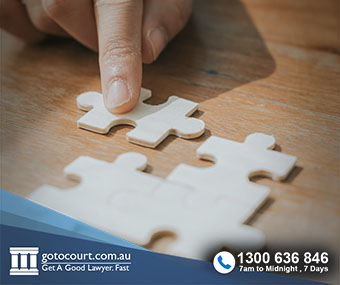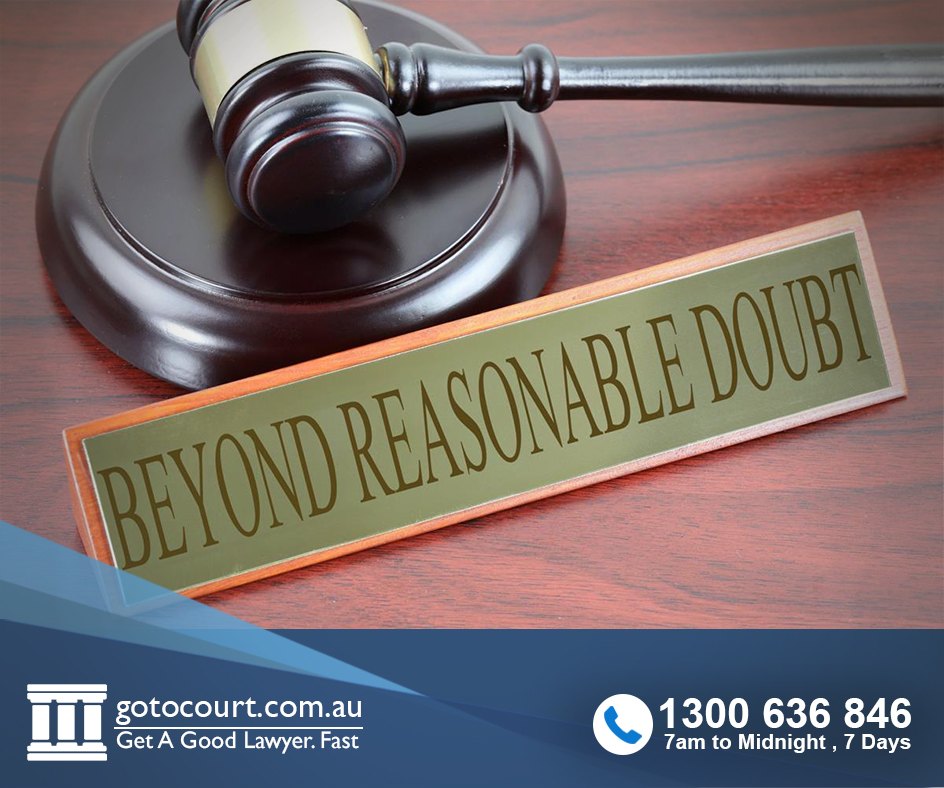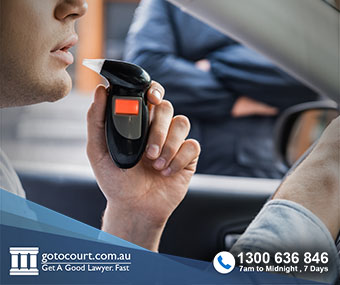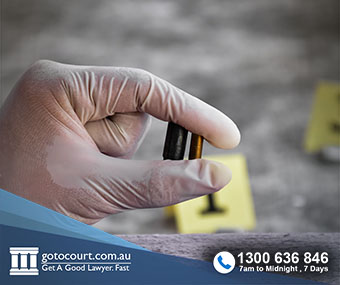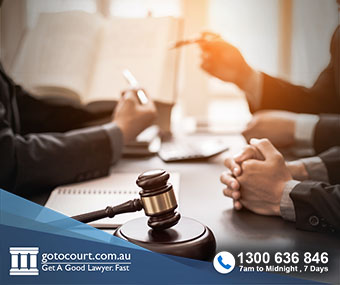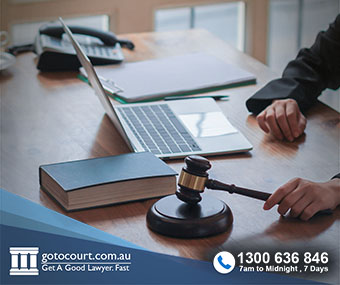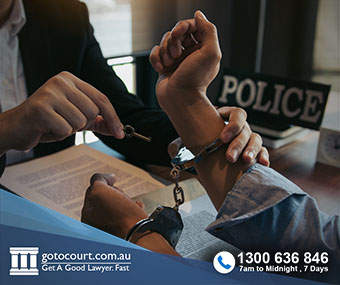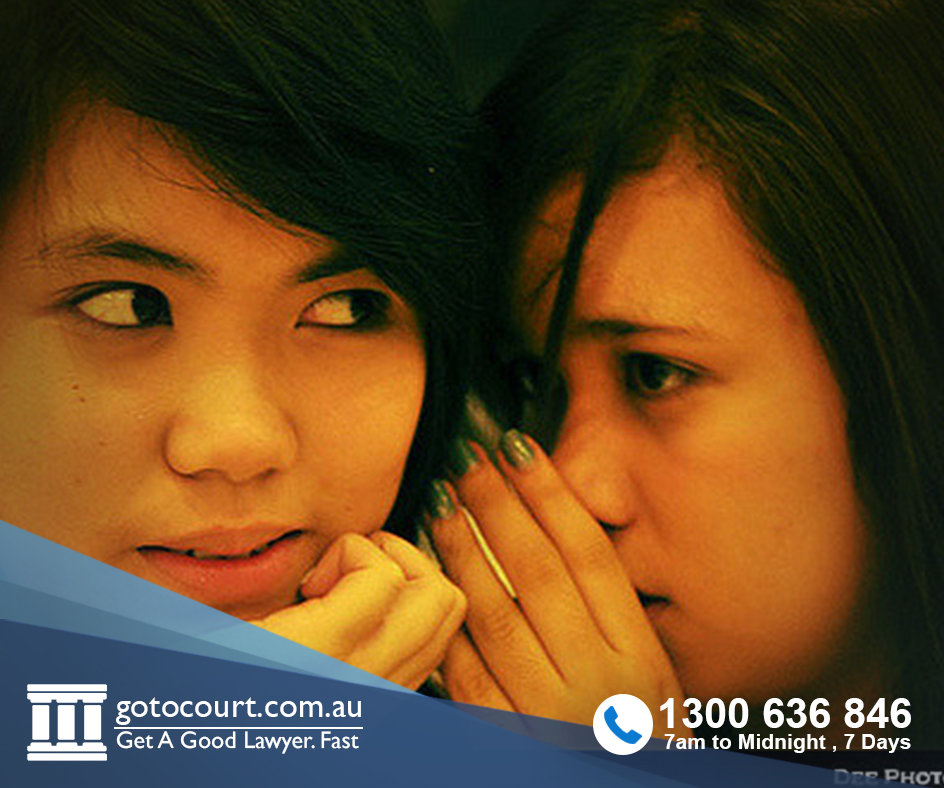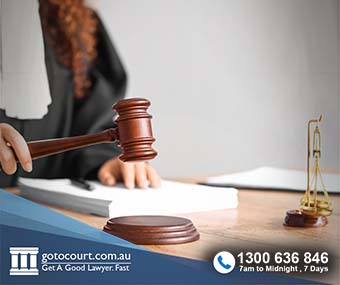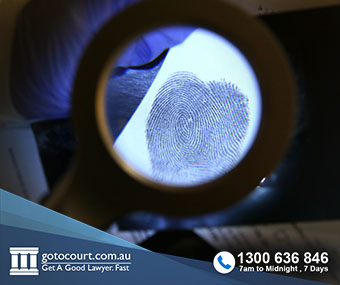What Does “Beyond a Reasonable Doubt” Mean?
What Does “Beyond a Reasonable Doubt” Mean?
Beyond a reasonable doubt is the highest standard of proof in our judicial system. Our system has two differing standards of proof, namely on the balance of probabilities in a civil jurisdiction and beyond a reasonable doubt in a criminal jurisdiction. Criminal law in Australia is underpinned by the the presumption of innocence, which does not apply in the civil jurisdiction.
The presumption of innocence
The presumption of innocence is one of several guarantees to which individuals are entitled in relation to criminal proceedings. Under international law, it is enshrined in the International Covenant on Civil and Political Rights (ICCPR).
The prosecution in a criminal matter bears the burden of proving a charge and subsequently guaranteeing that no guilt can be presumed against an individual until the charge has been proven beyond a reasonable doubt. The presumption of innocence and the burden of proof work alongside each other.
The presumption of innocence requires that for the accused to be found guilty, no other logical explanation can be derived from the facts alleged by the prosecution, other than that the accused committed the crime. There must be no reasonable doubt in the court’s mind that guilt exists and therefore a verdict of guilty is appropriate.
The burden of proof in criminal matters is significantly higher than in civil matters because of the potential for a finding of guilty to result in complete deprivation on one’s freedom in the form of a sentence of imprisonment.
It is important to note that although the court must find a person guilty “beyond a reasonable doubt”, there can still be doubt. However, such doubt will need to be found to be unreasonable in order to satisfy this standard of proof. Beyond a reasonable doubt does not require that all doubt be eliminated as this would make meeting this threshold incredibly difficult.
How is the standard of proof applied?
The criminal standard of proof is codified in Section 141 of the Evidence Act. This simply provides that in order for the prosecution to be successful its case must be established beyond a reasonable doubt. However, no further guidelines are provided to help determine how to meet this threshold.
The prosecution must convince the court that based on the evidence, there is no other reasonable explanation other than that the accused is guilty. It is not the job of the accused to establish that he or she is not guilty.
Raising reasonable doubt in a court’s mind is sometimes enough to prevent the prosecution meeting this high threshold. The accused need not prove that they did not commit the crime, but merely show that there is an alternative explanation as to the commission of the crime that in all the circumstances is reasonable.
Who decides if the standard of proof has been met?
The ultimate determination as to whether an accused is guilty beyond a reasonable doubt is left to the jury, which may come into a matter with its own biases and predispositions. “Reasonable” can have a very different meaning for different individuals.
Why have such a high standard of proof?
Our criminal justice system operates on the principle that it is better to let a guilty person go free than to convict an innocent individual. It is this notion that underpins the standard of proof of beyond a reasonable doubt. With such a high threshold, the likelihood of a potentially guilty individual walking free increases. However, it also makes it much more difficult for an innocent individual to be wrongly convicted of a crime.
What if the court gets it wrong?
Whether a person is guilty beyond a reasonable doubt is highly subjective. At times, the prosecution make believe that a person has been acquitted where there was no reasonable doubt that they were guilty. Conversely, the defence may believe an accused has been found guilty where there was reasonable doubt. Where this occurs, a party can appeal the verdict and have a higher court look at the evidence again and review whether the decision delivered by the court was the correct one.
If you require legal advice or representation in a criminal matter or in any other legal matter, please contact Go To Court Lawyers.

Affordable Lawyers
Our Go To Court Lawyers will assist you in all areas of law. We specialise in providing legal advice urgently – at the time when you need it most. If you need a lawyer right now, today, we can help you – no matter where you are in Australia.How It Works




1. You speak directly to a lawyer
When you call the Go To Court Legal Hotline, you will be connected directly to a lawyer, every time.

2. Get your legal situation assessed
We determine the best way forward in your legal matter, free of charge. If you want to go ahead and book a face-to-face appointment, we will connect you with a specialist in your local area.

3. We arrange everything as needed
If you want to go ahead and book a fact-to-face appointment, we will connect you with a specialist in your local area no matter where you are and even at very short notice.

